How drought and dams strand mussels on the Wisconsin River
Severe drought and a series of dams on the Wisconsin River caused thousands of mussels to die in 2023, but a wide-ranging group of people are trying to find solutions so it doesn't happen again.
By Nathan Denzin | Here & Now
May 30, 2024 • South Central Region
Severe drought and a build up of dams on the Wisconsin River caused thousands of mussels to die in 2023, but a wide-ranging group of people are trying to find solutions so it doesn't happen again.
“We reached peak drought severity in September of last year,” said Ellen Voss.
“Just to see that crash with almost no rain for a long time was very disturbing,” said Mark Cupp
It’s been a very dry few years for Wisconsin.
“I started getting lots of phone calls from people saying, there’s all these mussels out there, and they’re, you know, they’re stranded. They’re dying. What can we do?” Lisie Kitchel said.
It’s had a significant impact on a species we hardly think about.
“I was no longer picking up a muscle and placing it gently in the water. I was throwing them as fast as I could,” said Jean Unmuth.
Much of southern Wisconsin has been in a perpetual drought since about 2021, straining aquatic resources. Despite spring rains, severe drought is still hitting the southwestern part of the state right now, near the Wisconsin River.
“We didn’t see much rain in the fall or usual fall rain did not occur. And then really a paucity of snow, especially in northern Wisconsin,” said Mark Cupp, the executive director of the Lower Wisconsin State Riverway Board. There he works with the Wisconsin River from Prairie du Sac to the Mississippi.
“With no snow, we didn’t see anything happen with our spring flow that we usually see,” Cupp continued.
“Droughts are very stressful to aquatic organisms as well in a lot of different ways,” explained Ellen Voss, the Climate Resilience Director with the Wisconsin River Alliance. “There’s just less space for the things that animals and plants and insects and everything else need to survive.”
One animal that can be squeezed out by low water is mussels.
“They’re basically just, you know, a mollusk with two shells, and they live in the lakes, rivers and streams in Wisconsin,” explained Lisie Kitchel, a mussel expert with the Wisconsin DNR. “They don’t have a brain and they don’t have eyes. So they can’t just figure out where the deeper water is.”
She says there are tens of thousands of mussels on the riverbed of the Wisconsin River, including 40 different species.
“They filter as much as ten gallons of water a day per muscle,” Kitchel explained. “When there are hundreds and thousands of them, they really help purify the water.”
But when the drought reached its peak in September 2023, mussels started to wash up on shore banks.
“What I was really looking for was actually, historic artifacts because the water was so low, I’d never seen it this low in the time I’ve lived here,” said Jean Unmuth, a retired DNR scientist, who lives near the Wisconsin River in Prairie du Sac. She was the first person to contact experts when she saw stranded mussels.
“Muscles are a huge part of the ecology of this river,” Unmuth continued.
Because dams act as a barrier for some aquatic species, almost all the mussels in the Wisconsin River can be found below Prairie du Sac.
“So I thought, hey, I better raise the alarm,” said Unmuth.
The dam in Prairie du Sac is the last of 26 on the waterway.
“Because we had such a drought year, the dam did not have water to release,” Kitchel said.
Many of the dams on the Wisconsin River, including Prairie du Sac, have strict federal regulations. While dams keep a reservoir of water on hand to generate electricity, federally regulated dams are not allowed to release more water than they receive.
“Whatever comes into Lake Wisconsin at the very head of the lake comes through the dam,” Cupp explained.
Those dams are called run-of-river dams, because any water that comes in must go out.
Alliant Energy, which owns the Prairie du Sac dam, in a statement said, “Our license requires us to maintain [water] level … Therefore we cannot release more water during drought conditions. Not all dams on the Wisconsin River system are licensed as “run-of-the-river” facilities and some may manipulate water levels.”
“In this scenario, on paper, nobody did anything wrong. Everybody was in there in compliance with their license obligations the entire time,” Voss said. “Yet the outcome was thousands or tens of thousands, we don’t know, of dead mussels on the river.”
That meant that the only solution to save the mussels was to physically walk river banks and throw them back into the river.
“We put out a call to action just saying: We know that this is a problem,” Voss said. “If you’re able to help, please go out to the river and start tossing mussels deeper into the water.”
“By the beginning of September, it was getting to where I was spending 3 to 4 hours [looking for mussels],” Unmuth added. “Forget the artifacts — I was no longer looking at that.”
“There were thousands of mussels saved. I mean, individuals were picking up 100 mussels a day, 300 mussels a day,” Kitchel said. “It was pretty amazing what people were willing to do.”
Unmuth saved more than 1,200 herself.
“Multiply that times 365 days a year and just those 1,200 muscles [I saved], you’re filtering like over 3 million gallons of water,” Unmuth said.
“I know that we made a difference,” Cupp said. “And that will pay dividends down the road.”
Extended forecasts for the summer show that for the fourth straight year, drought conditions are likely.
“Let’s just assume that we run into a similar situation and we don’t have rain, particularly in the northeast and central part of the state,” Cupp explained. “Then the answer would be easy. And that is yes, we will need to do mussel rescues again.”
“There is a live, phone tree muscle rescue alert system in place,” Voss said. You can sign up to be part of the phone tree here.
“They can also contact me any time,” Kitchel added. “I can give them advice as to what to do.”
Until the time comes to walk the river banks again, experts’ eyes will be glued to the weather.
 Passport
Passport




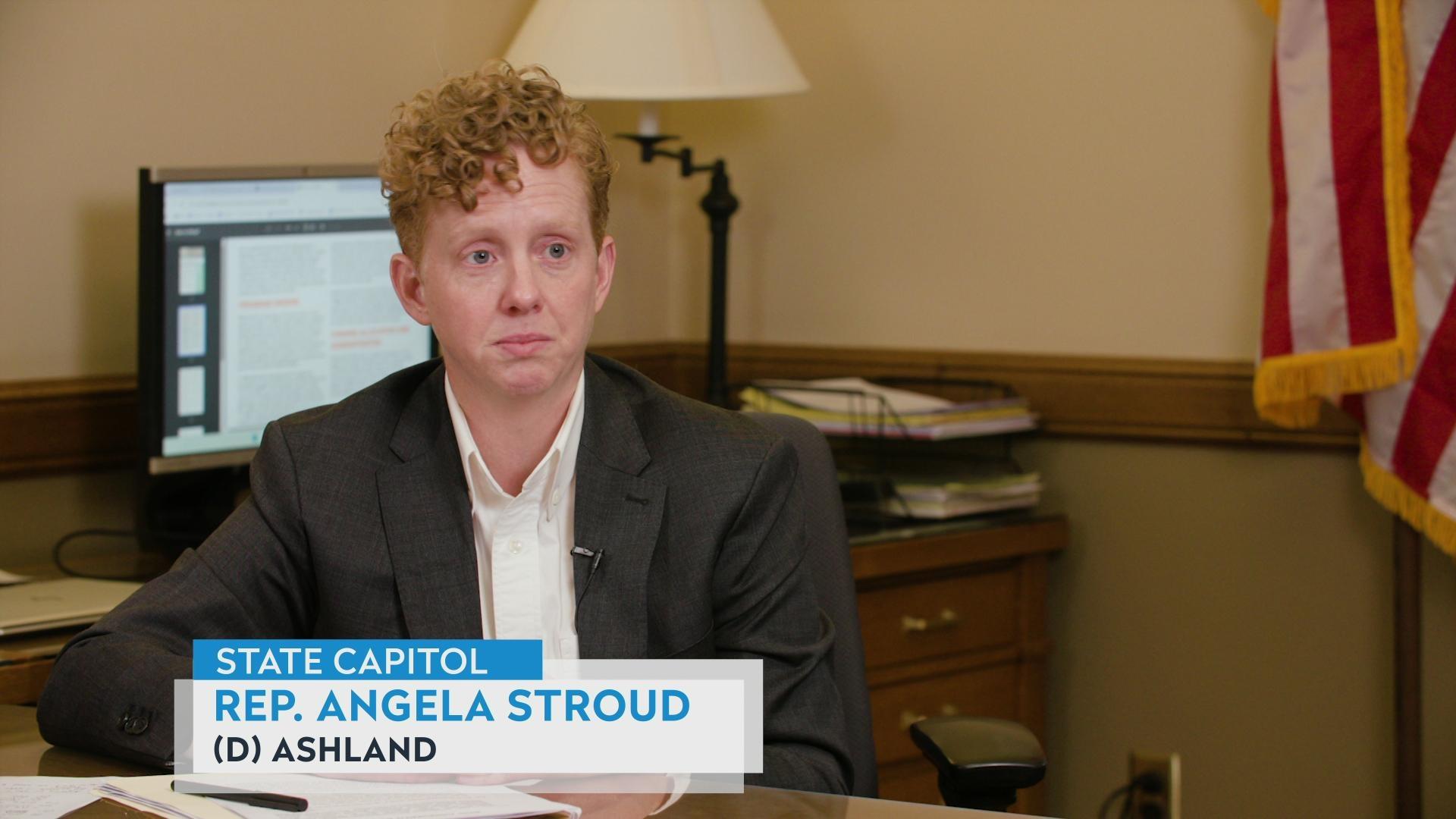
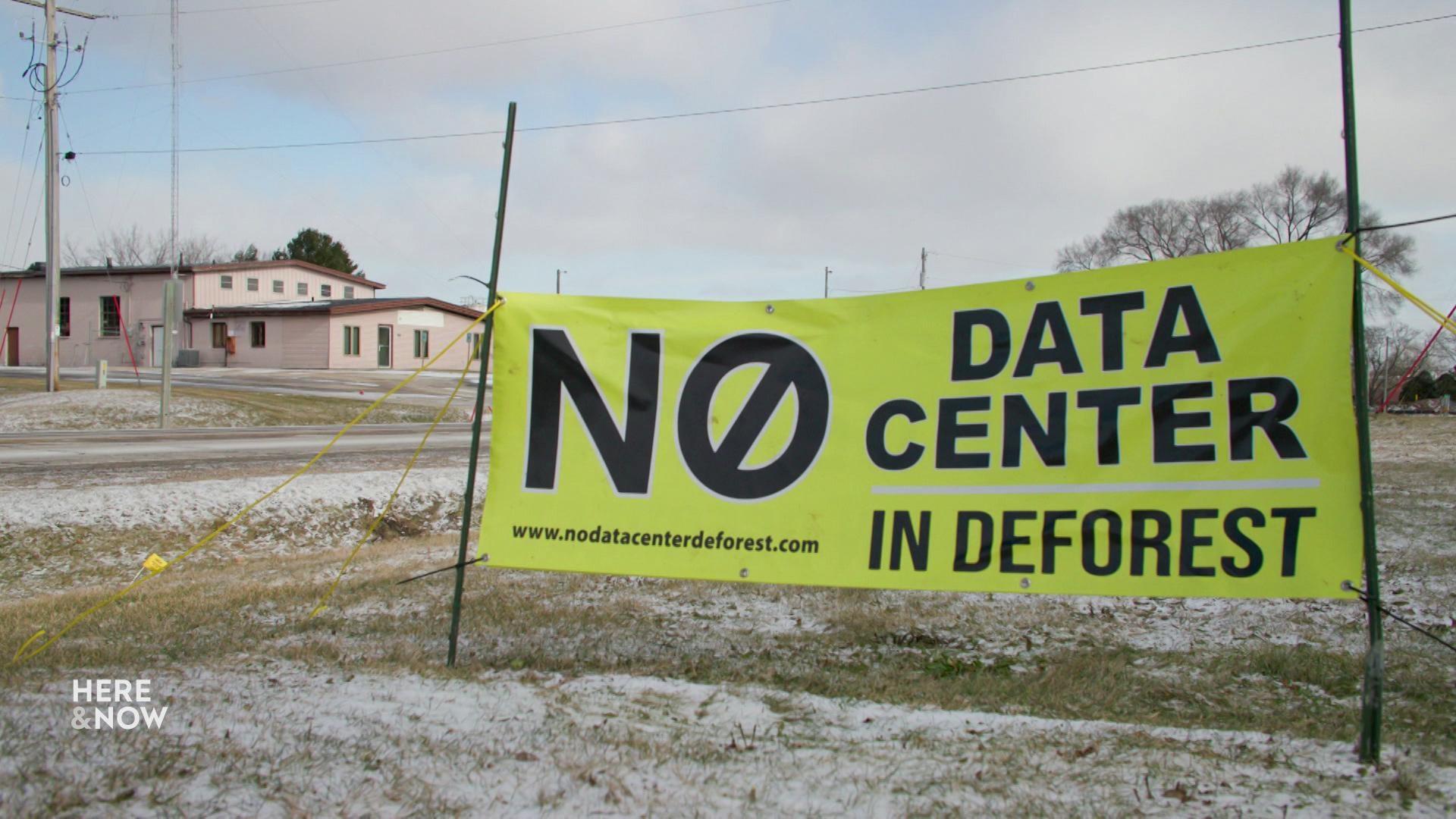
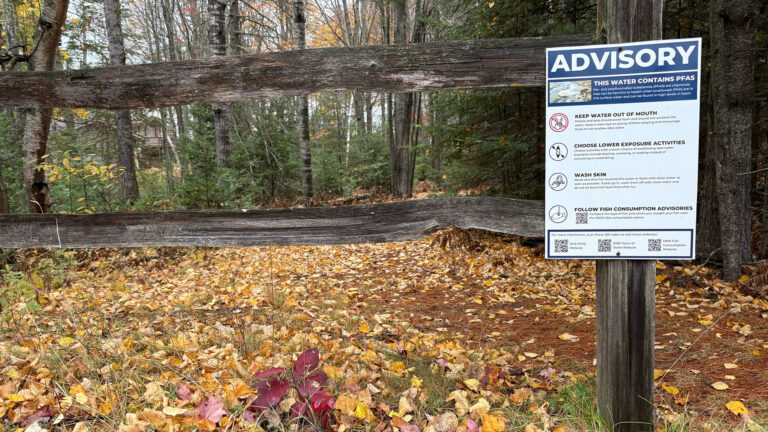
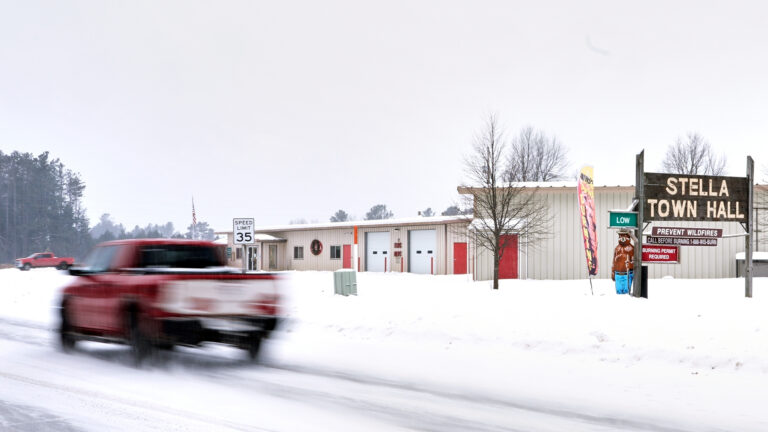
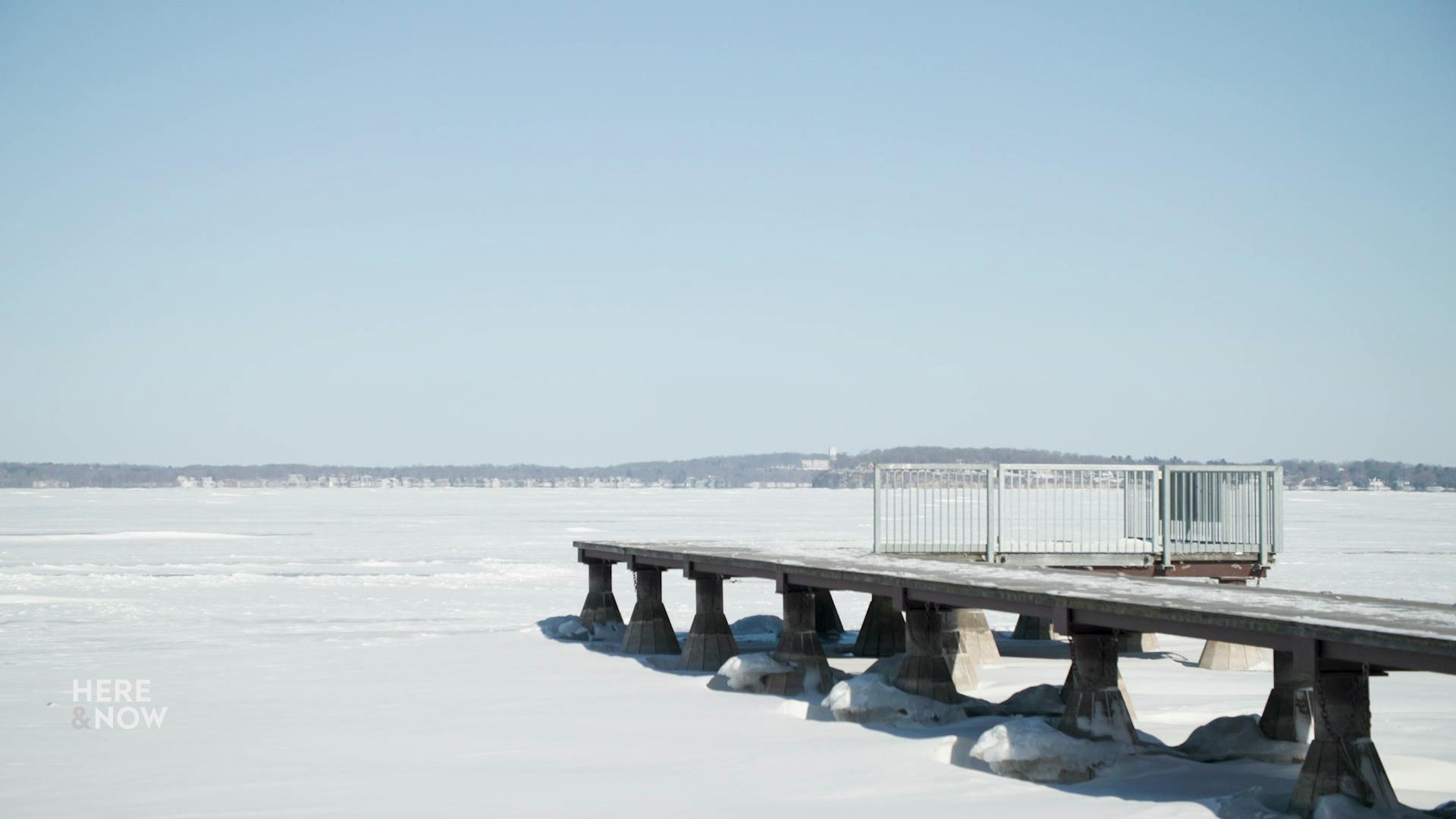
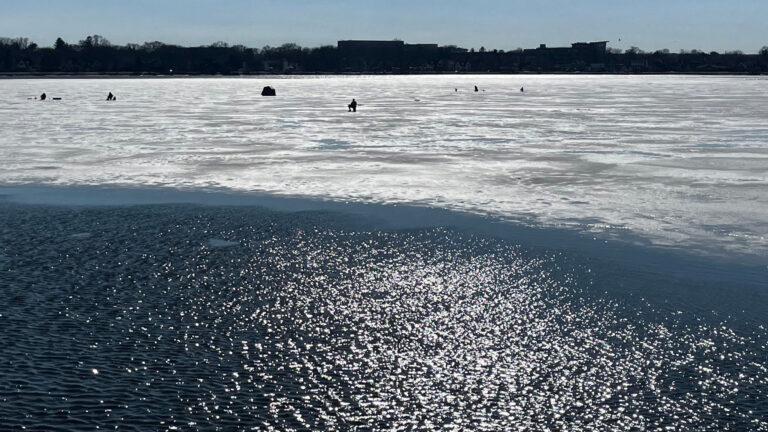

Follow Us